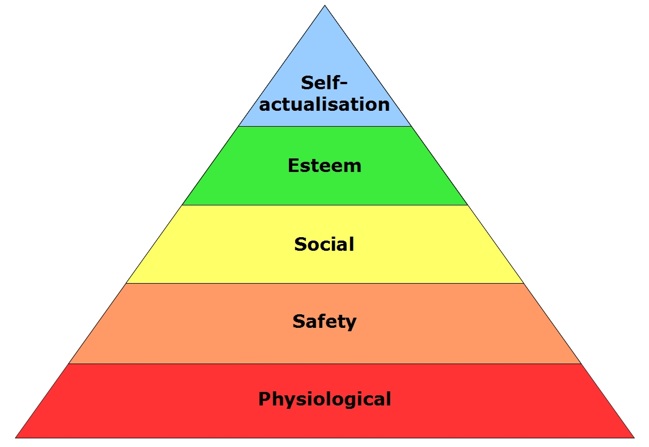 It can make such a difference
It can make such a difference
When you make people feel important, they make you and what you do important. When you connect with people, you improve communication. There is no substitute for the experience of being valued. This happens when someone makes you feel that you matter, wouldn’t you agree? When considering specific groups it’s interesting how feeling valued can make such a difference. Children who feel valued at home are less likely to join a bad crowd. Partners who feel valued and respected are more likely to return the support. Employees who believe their employer values their contribution are more likely to give more of their skills and knowledge. Customers who perceive that they are valued become loyal consumers and advocates of the services and products of the organisations that value them.
How can you make people feel valued?
Just a simple friendly smile first thing in the morning for your colleagues and patients can go a long way. They often respond with a smile back and this return of friendliness then makes your gesture appreciated, which in turn can make you feel valued. Think about the last time someone showed you real appreciation for the work that you do, did it come from a patient, a colleague, or was it self-appreciation? It’s such a positive thing that can hugely impact on your performance and the service that you give. It’s important to document these things in some way because all too quickly we forget the positive and focus too much on the negative. CQC want to see evidence of good care and teamwork and this often comes from feeling valued, think about Maslow’s hierarchy of needs.
Five top tips to feeling valued:
Here are my five top tips for feeling valued:
- Initiate positive conversations, and listen to others more.
- Be positive as much as possible, and try not to judge.
- Be aware of the people around you, and don’t take them for granted.
- Be honest with yourself, and recognise when you are being selfish.
- Acknowledge your own needs, and you’re more likely to understand others needs.
By valuing others and feeling valued I am sure you are likely to evidence in some way that your Practice meets each of the five Key Lines of Enquiry (KLOE’s) – Caring, Safe, Effective, Responsive and Well-Led.







